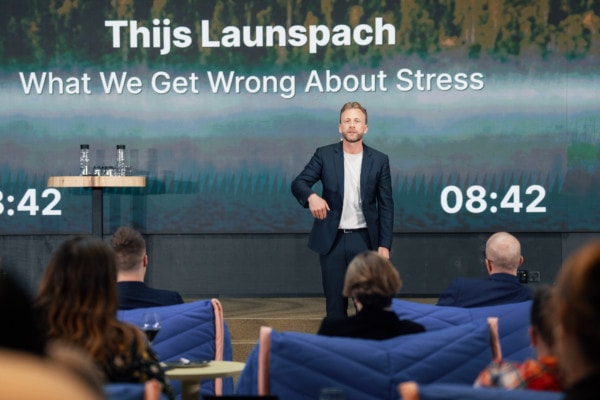16May2023
We recently interviewed the Sustainable Business Research Group at the University of Jyväskylä. The group’s main two research themes are Corporate Environmental Management and Sustainable Marketing and Consumption. We were especially interested in the latter – sustainable marketing. We had an interview with Professor Outi Uusitalo and her doctorate student Roni Lappalainen and asked them what it’s all about. Here is a summary of what we learned in that interview.
Sustainable marketing is a paradox
The whole point of marketing is to sell products and get people to consume more, which is not sustainable in itself. Creating and consuming products uses natural resources which are limited. So encouraging more consumption and more production could never be sustainable. Therefore, at the moment, sustainable marketing does not really exist.
“We have researched what it would look like if we had a world where people would not overuse natural resources in production and where people would consume responsibly. What would marketing look like then? Somehow it should support sustainable consumption and the well-being of the planet and the people.“
What would sustainable marketing look like?
Sustainable marketing would strive to decrease the consumption of natural resources. Whether this is realistic is another question. For marketing to be sustainable, it would have to fill the criteria of sustainability and it’s three dimensions; economic, social, and environmental sustainability.
“What would marketing look like in an economy that is not striving for growth?”
The most important out of the three is environmental sustainability, as it creates the boundaries for the other two. There can be no economic or social sustainability unless there is an environment to implement it. So, environmental sustainability is what we need to look at first and not compromise on. According to this critical view, social sustainability would be second in importance, followed by economic sustainability.”
Local often means more sustainable – but not always
When asked if there are any current examples of marketing that is sustainable, Outi says that small, local companies often do a little bit better than bigger corporations. This is also the image many people have – that local equals sustainable. This is not always the case, as even local and small companies may be flying their products in from afar or using unsustainable materials. And even if the company has its ESGs in order, they are most likely still encouraging unnecessary consumption, which is not sustainable. However, it is important for consumers to have choices. Without sustainable options, consumers cannot make sustainable decisions.
“We often think it’s the consumer who chooses the products and is responsible for making sustainable choices. But there have to be sustainable products available first, so it really isn’t that simple.”
Steps toward more sustainable marketing
While completely sustainable marketing may not be possible in the current economic system, there are some steps companies can take toward marketing that is a little bit more sustainable, or at least takes sustainability into account.
Avoid greenwashing. Don’t try to create an image of being more sustainable than you are. Most likely, your customers will find out and lose trust in your brand.
Be transparent. The best way to avoid greenwashing is to have some data to back up your claims. Don’t just say your product is eco-friendly, show how and why. Be open and honest about the environmental impact of your product and the sustainability efforts your company takes.
Don’t forget about biodiversity. Many sustainability efforts only focus on reducing Co2 or becoming carbon neutral. These are great efforts toward fighting climate change, but we shouldn’t forget about biodiversity. When thinking about your sustainability strategy and your sustainability communications, make sure it takes into account how your product affects biodiversity.
Use your platform for good. Especially bigger companies can lead by example and use their platform to speak out and spread information about the importance of sustainability.
“Marketing can be used to change people’s opinions – think about thrifting, it used to be embarrassing, and now it’s trendy. This is the power of marketing and communications.”

 by:
by: 
